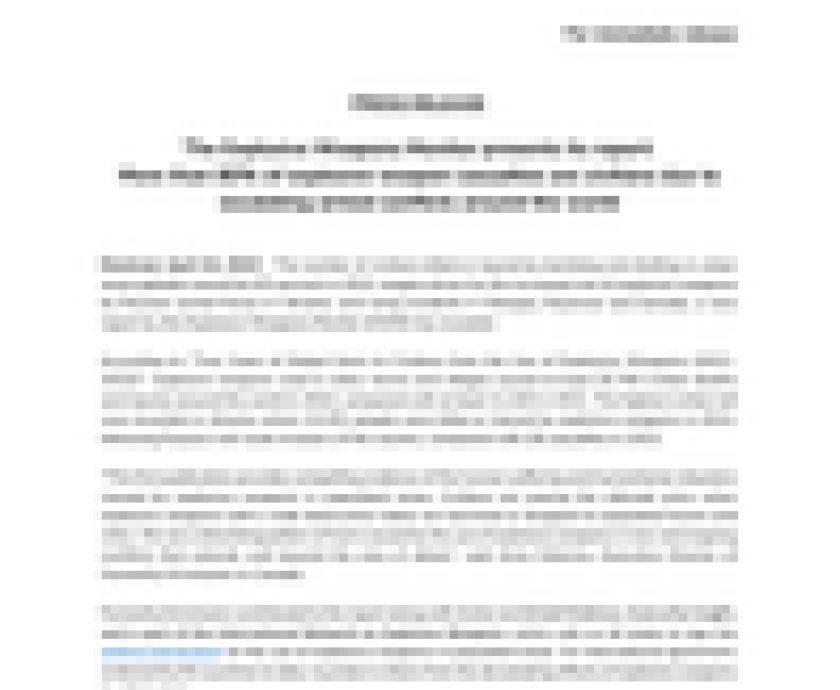Click to expand Image
Tenants’ rights advocates demonstrate in front of the Edward W. Brook Courthouse in Boston, Massachusetts, January 13, 2021.
© 2021 Michael Dwyer/AP Photo
(Washington) – Federal and state governments in the United States should move promptly to strengthen housing protections for renters during the Covid-19 pandemic, including with additional financial relief, Human Rights Watch said in a question-and-answer guide released today.
Currently, there is a nationwide eviction moratorium enacted by the Centers for Disease Control and Prevention (CDC), which President Joe Biden has extended through March, 2021, as well as a patchwork of state and local protections. In addition, Congress has recently approved $25 billion in rental assistance to help tenants pay rent and cover rent arrears.
The question-and-answer document describes various eviction moratoriums in the United States, including the CDC’s, and how the pandemic has affected tenants’ right to housing. It discusses flaws in various measures that have allowed landlords to remove tenants from their homes for their inability to pay rent and outlines how both stronger protections and financial relief are needed to better protect tenants’ right to housing.
“It is great that President Biden extended the CDC’s moratorium on his first day in office,” said Jackson Gandour, New York University School of Law Fellow in the Business and Human Rights Division at Human Rights Watch. “But unless the flaws in state and federal moratoriums are corrected and more financial relief is provided, millions of tenants will remain at risk of eviction both during and after the pandemic.”
Governments have an obligation to guarantee everyone’s right to affordable, stable, and habitable housing, regardless of a person’s income, and should take urgent measures to ensure that no one loses their home in the middle of the pandemic because they were unable to pay rent. Eviction procedures need to take the rights and economic realities of tenants into account. Evictions can result in violations of international human rights law if they lead to homelessness or increased risks to other rights, including the right to health.





